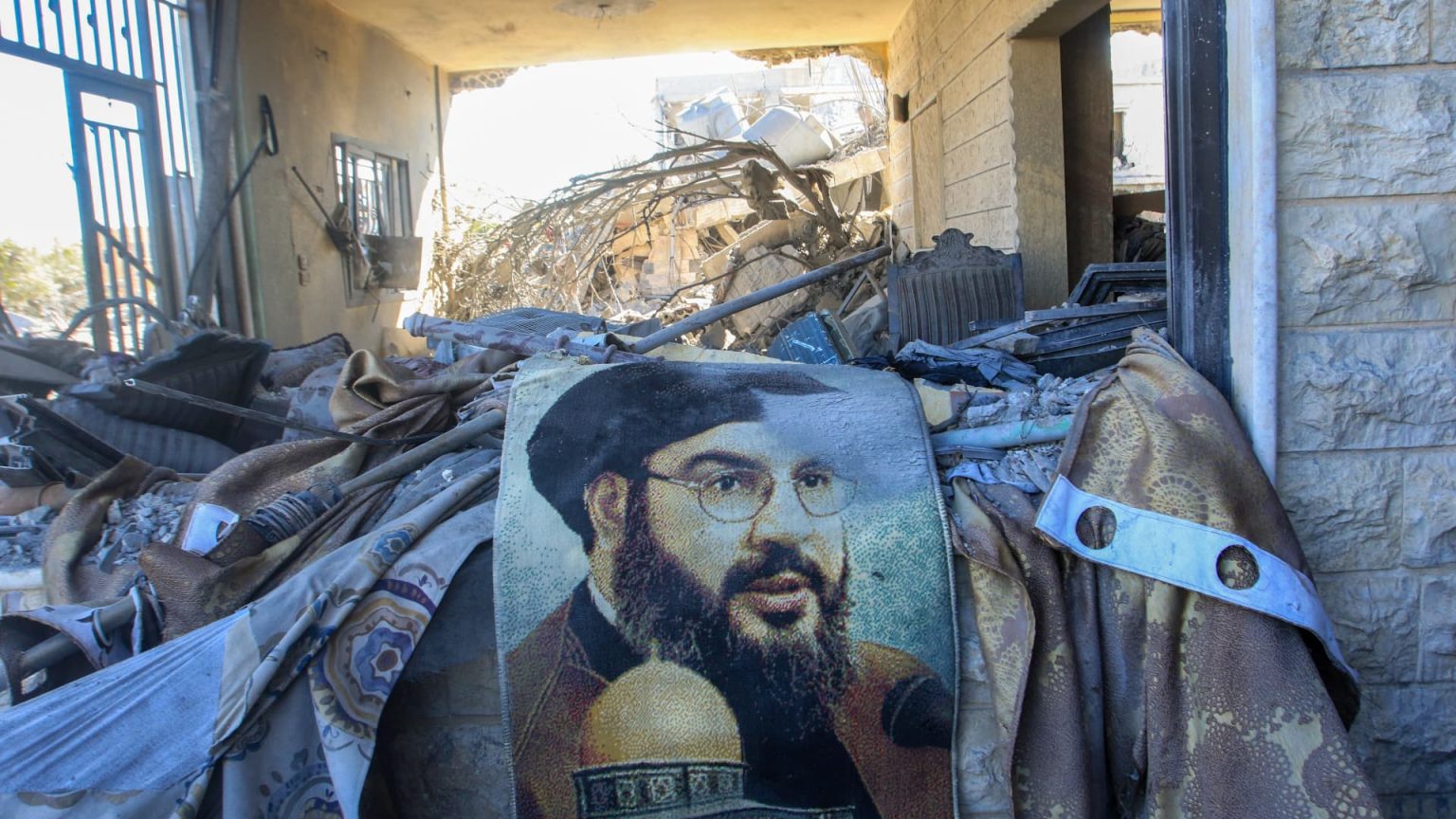The Israeli army officially announced the killing of Hezbollah’s leader Hassan Nasrallah following a large-scale attack on Lebanon. IDF spokesperson Lt. Col. Nadav Shoshani stated that Nasrallah was killed in a targeted strike on Hezbollah’s headquarters in Beirut, along with other commanders. While there has been no confirmation from Hezbollah yet, Nasrallah’s death is seen as a significant blow to the group, with the IDF describing him as the “central decision-maker” and “strategic leader.”
Lebanese political analyst Ronnie Chatah noted that if Nasrallah’s death is confirmed, it would mark the end of an era for Hezbollah, which has been a major military and political force under his leadership. Chatah emphasized that Hezbollah will likely undergo a transformation in the absence of Nasrallah, becoming a smaller organization with a different dynamic. Nasrallah, who had led Hezbollah since 1992, played a key role in the group’s growth and development into a major paramilitary force known for its violent opposition to Israel and resistance to Western influence in the Middle East.
Firas Maksad, a senior fellow at the Middle East Institute think tank, highlighted the significant regional ramifications of Nasrallah’s killing. Maksad pointed out that Nasrallah was a key figure in Iran’s regional axis and his death could lead to a head-on confrontation between Israel and Iran over the future of Lebanon and the Levant. Additionally, Nasrallah’s assassination raises questions about the future role of the Shia community in Lebanon’s sectarian system, further contributing to political polarization and instability in the country.
The news of Nasrallah’s death has sparked intense speculation about the future of Hezbollah and the broader implications for the Middle East. Nasrallah, who was a highly influential and iconic figure in the region, leaves behind a significant void in both Lebanon’s politics and the broader Shia community. In the short-term, his killing is likely to exacerbate existing tensions and contribute to the fragility of Lebanon’s weak central government, potentially leading to further unrest and instability in the country.
The death of Nasrallah marks a significant turning point for Hezbollah, which will now have to navigate a new reality without its long-time leader. While the group is expected to endure, it will likely undergo a period of transition as it adjusts to the loss of Nasrallah and the challenges ahead. The regional implications of Nasrallah’s killing are also expected to be far-reaching, with potential consequences for the balance of power in the Middle East and the ongoing rivalry between Israel and Iran. Overall, Nasrallah’s death represents a major development in the complex dynamics of the region, with repercussions that are likely to be felt for years to come.













